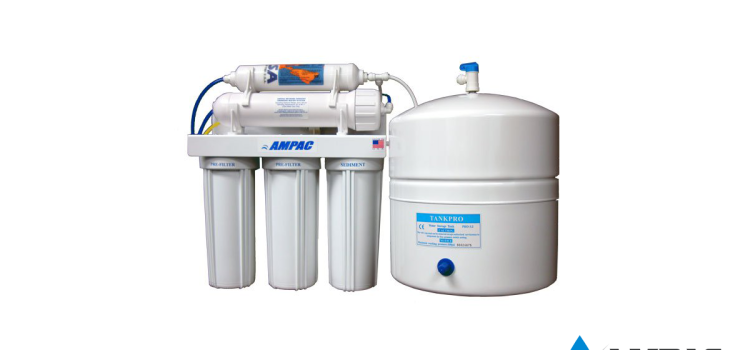Liu, Z., et al., Environmental Science and Pollution Research, 24(2):2126-2134, January 2017
With the widespread application of plastic pipes in drinking water distribution system, the effects of various leachable organic chemicals have been investigated and their occurrence in drinking water supplies is monitored. Most studies focus on the odor problems these substances may cause. This study investigates the potential endocrine disrupting effects of the migrating compound 2,4-di-tert-butylphenol (2,4-d-t-BP). The summarized results show that the migration of 2,4-d-t-BP from plastic pipes could result in chronic exposure and the migration levels varied greatly among different plastic pipe materials and manufacturing brands. Based on estrogen equivalent (EEQ), the migrating levels of the leachable compound 2,4-d-t-BP in most plastic pipes were relative low. However, the EEQ levels in drinking water migrating from four out of 15 pipes may pose significant adverse effects. With the increasingly strict requirements on regulation of drinking water quality, these results indicate that some drinking water transported with plastic pipes may not be safe for human consumption due to the occurrence of 2,4-d-t-BP. Moreover, 2,4-d-t-BP is not the only plastic pipe-migrating estrogenic compound, other compounds such as 2-tert-butylphenol (2-t-BP), 4-tert-butylphenol (4-t-BP), and others may also be leachable from plastic pipes.
Source: Water Feed









